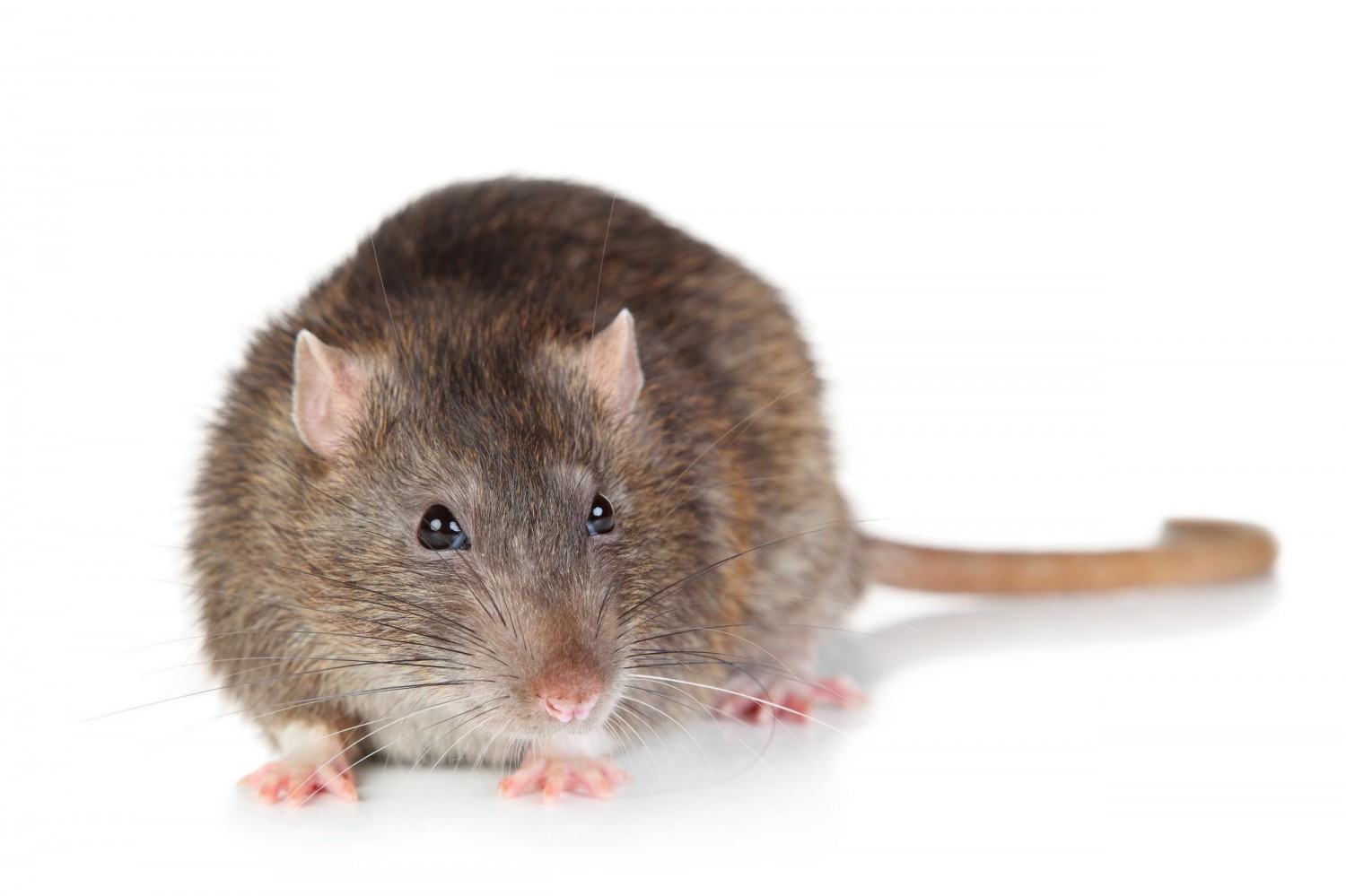|
Mammary tumors in rats are one of the most commonly diagnosed health conditions, especially in female rats. While these tumors are usually benign, they can still present significant challenges for your pet’s health and quality of life. Early detection and intervention are crucial, and with the right veterinary care, your rat can make a full recovery. At Priest Lake Veterinary Hospital in Middle Tennessee, we specialize in treating mammary tumors in rats and other exotic companion mammals. Our experienced team, led by Dr. Kopp, a board-certified specialist in exotic companion mammal medicine, provides expert care for your pet’s health needs.

What Are Mammary Tumors in Rats?
Mammary tumors are abnormal growths that develop in the mammary glands of rats. These tumors can appear as lumps or masses under the skin, typically around the abdomen or chest area. Though most of these tumors are generally benign, they can grow quickly and cause pain or discomfort for your rat. The tumors can be malignant in rare cases, but this is uncommon. At Priest Lake Veterinary Hospital, we offer comprehensive diagnostic services to determine the nature of the tumor and the most effective treatment options.
Symptoms of Mammary Tumors in Rats
The primary symptom of mammary tumors in rats is the appearance of lumps or masses, which may be noticed during routine handling or grooming. These lumps can vary in size, from small pea-sized masses to large, noticeable growths. The tumor may be soft or firm and sometimes movable under the skin.
Signs to watch for in your rat include:
- Visible Lumps or Masses: The most apparent symptom, usually near the mammary glands. These lumps may grow over time.
- Changes in Behavior: Tumors may cause pain or discomfort, which could make your rat less active or reluctant to move. Your rat may also show signs of distress, such as squealing when touched.
- Rapid Growth of the Tumor: Benign tumors generally grow slowly, but in some cases, they can grow rapidly and become large enough to cause complications.
- Decreased Appetite and Lethargy: If the tumor causes significant discomfort, it may reduce your rat’s interest in food and activities.
If you notice any of these signs in your rat, it’s essential to consult with a veterinarian experienced in treating exotic companion mammals. Dr. Kopp and the Priest Lake Veterinary Hospital team are here to help diagnose and treat mammary tumors effectively, ensuring the best possible outcome for your pet.
Treatment Options for Mammary Tumors in Rats
At Priest Lake Veterinary Hospital in Middle Tennessee, we understand the distress that mammary tumors can cause both you and your pet rat. Fortunately, with early detection, treatment is often successful. The most common and effective treatment is surgical removal of the tumor. Surgery is typically performed under general anesthesia, and the tumor is carefully removed through a small incision.
In the vast majority of cases, mammary tumors in rats are benign, and surgery offers a good to excellent prognosis, but recurrence can occur. The surgery is relatively straightforward, and most rats recover quickly, resuming regular activity within a few days. The tumor is often sent for histopathological examination to confirm its benign nature and to ensure there are no signs of malignancy.
Cabergoline: Potentially Reducing the Risk of Recurrence
Though surgery is usually successful, there is always the potential for mammary tumors to recur. To reduce the risk of recurrence, some rats may benefit from cabergoline, a medication that lowers prolactin levels and can help inhibit tumor regrowth. Cabergoline is not a cure for the initial tumor, but it can help prevent future growths in rats that have had surgery to remove benign mammary tumors. If your rat has undergone surgery for a mammary tumor, Dr. Kopp will discuss the potential benefits of cabergoline as part of your rat’s recovery plan.
Prevention: Early Spaying Reduces Mammary Tumor Risk
The best way to prevent mammary tumors in female rats is early spaying. Spaying a female rat before her first estrus cycle greatly reduces the likelihood of developing mammary tumors later in life. Early spaying, typically around 4-6 months of age, is recommended to prevent not only mammary tumors but also other reproductive issues, including uterine cancer. At Priest Lake Veterinary Hospital, we offer spaying services for female rats, providing a proactive approach to their long-term health and well-being.
Why Choose Priest Lake Veterinary Hospital for Your Rat’s Care?
When it comes to the health of your pet rat, you want an experienced veterinarian specializing in exotic companion mammals. Dr. Kopp, a board-certified Exotic Companion Mammal Practice specialist, is dedicated to providing the highest quality care for your rat. Whether your rat needs surgery for a mammary tumor, medication to prevent recurrence, or a routine health check-up, Priest Lake Veterinary Hospital in Middle Tennessee is here to help.
Our veterinary clinic offers advanced diagnostic and treatment options, including:
- Surgical Services for tumor removal and other procedures
- Medication Management, including cabergoline for reducing recurrence of mammary tumors
- Preventative Care such as early spaying to reduce the risk of future health issues in rats
- Post-Surgery Care, including pain management, wound care, and recovery monitoring
Conclusion: Early Intervention is Key for Mammary Tumors in Rats
Mammary tumors in rats are a common but treatable condition. Early detection and intervention are crucial for ensuring the best possible outcome for your pet. If you notice any signs of a mammary tumor in your rat, don’t wait—contact Priest Lake Veterinary Hospital in Middle Tennessee today. Our experienced team, led by Dr. Kopp, is here to help your rat live a long, healthy life. We're committed to providing comprehensive care for your exotic companion mammal from surgery to prevent recurrence with cabergoline and preventative measures like early spaying.
|
|
.webp)






